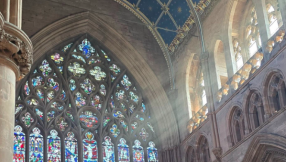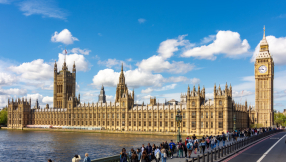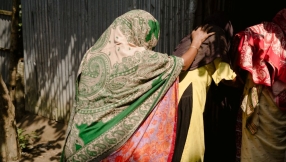The rise of violence against Christians in India has led to the formation of a legal aid agency and the establishment of a help hotline both to monitor and provide assistance in the event of an attack against Christian Indians.
According to the World Watch Monitor, Christians in India formed the United Christian Forum for Human Rights on January 19. The forum's spokesperson, John Dayal, said that its purpose is "to coordinate both legal and advocacy assistance to the community, which has been traumatised in recent months by communal violence in several states."
The statement gives further details on the agency's hotline and its purpose: "The UCF has commissioned a 24-hour National Helpline, 1-800-208-4545, so that lawyers and experts can assist victims of violence, intimidation, coercion and illegal confinement by any criminal or political group."
The response had been positive so far. Lawyer Tehmina Arora, who works with the Alliance for Defending Freedom in India, said they had received 4,000 calls. While a large part of these calls were coming from Christians who wanted to verify the new number, she also said that they had received three reports of persecution towards Christians.
"We are verifying these complaints and Christian lawyers in the area will be asked to help them," Arora said.
Christians in India have been under fire since May 2014 when ultra-nationalist Bharatiya Janata Party took over the reins of the government. Radical Hindu groups have carried out acts of persecution and violence against Christians throughout the year, ranging in forced re-conversions of poor Christian communities in exchange for monetary compensation, harassment by false reports of forced conversions to Christianity, and the vandalism of Christian places of worship.
However, Dayal said that it doesn't matter who is at the head of the government as Christians will always "live under pressure in India."
"The non-state actors remain the same, the progress of the judicial criminal system remains the same," Dayal told the World Watch Monitor.













